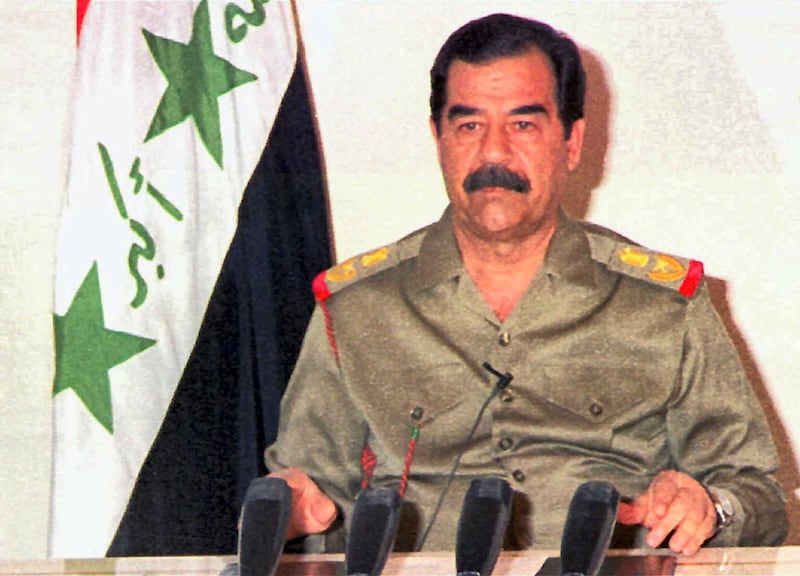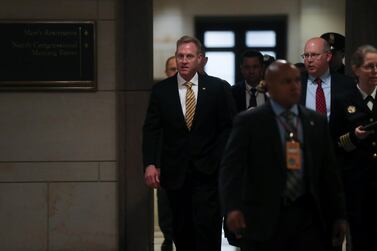Iraq is steadily leaving a past of dictatorship for a future of democracy but progress is being hampered by squabbles over top government posts, the UN special envoy to the country said on Tuesday.
Jeanine Hennis-Plasschaert's comments in a briefing in New York came minutes after the Security Council unanimously renewed the mandate of the UN Assistance Mission for Iraq.
Ms Hennis-Plasschaert recalled a recent visit to a mass grave in the southern Samawah desert, traced to the reign of executed dictator and president Saddam Hussein.
“It was a deeply moving experience, underlining once again that Iraq's violent and lawless past impacts its present," she said. "It also made clear how extraordinary Iraq's transition is in this 21st century.”
But with a year having passed since national elections, Iraq has yet to appoint ministers of defence, the interior, education or justice. And there are no women in the Cabinet.
“We must recognise that the ongoing political infighting is an obstacle,” Ms Hennis-Plasschaert said. “Political parties have not yet shown themselves to be willing to compromise.
"It should be understood, however, that political compromise is not a sign of weakness. It is a sign of maturity – and a requisite for resilience.”
A coming law against domestic violence is a concrete sign of change, as is an improving security situation, although a threat from ISIS remains, especially from fighters fleeing Syria.
“Baghdad is opening up,” Ms Hennis-Plasschaert said. “Very soon the Green Zone will not exist. However, the security situation will continue to require close monitoring.”






